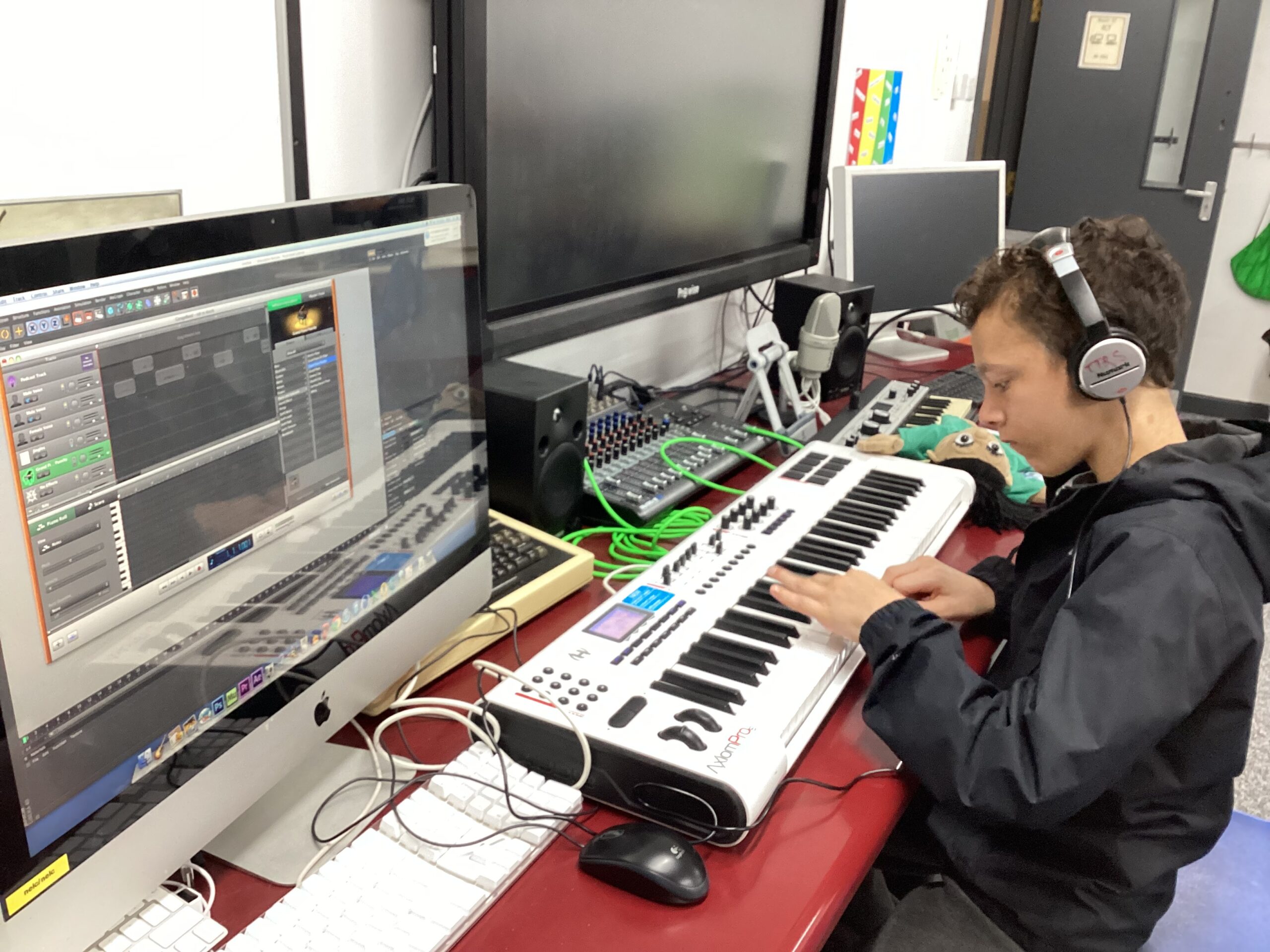Online safety and guidance
Empowering safe and confident digital explorers - your guide to online safety

Online Safety at Dawn House School:
Children regularly use different websites and apps from their parents, and it can be hard to keep up in this ever-changing digital world. But the things that help keep children safe online are often similar to the things that keep them safe offline.
- Smartphone Ownership: Approximately 60% of children ages 8-11 now own a smartphone. This is an increase from previous years, indicating that smartphone ownership among younger children continues to grow as digital technology becomes more integral to daily life.
- Social Media Usage: Around 73% of children aged 12-15 have a social media profile, with TikTok, Snapchat, and Instagram being the most popular platforms for this age group. TikTok remains particularly favored among teenagers, with a significant portion engaging daily.
- Time Spent Online: Children aged 5-15 now spend an average of about 20 hours per week online, which translates to nearly three hours a day. Among teens, the time spent online is even higher, with activities such as gaming, streaming videos, and social media being the primary drivers of their digital engagement.
Watch the video below to find out how to protect children in the digital world, how to report harmful content and how to develop skills for healthy screen time.
How you can help keep your child safe online:
- Talk about what they think is normal online, and what behaviour to expect from others and from themselves.
- Encourage them to think critically and question what they see online. Talk to them about where they go to get information they trust, talk about fake news, fake followers and scams. Help them develop a healthy suspicion of whether people are who they say they are.
- Share your knowledge and experience of relationships. For example, sometimes people seem nice at first, but then they turn out to be mean. Let them know that you know this and they can talk to you about it. Assure them that you won’t panic or punish them if they do.
- Show them how to report any worrying behaviour they see online – for example through Child Exploitation and Online Protection Command or the Internet Watch Foundation.
We are helping prepare our children for their futures if we help them go online safely and responsibly. Many people worry about screen time, but there can be lots of positives about what your child is doing online entertainment, keeping in touch with friends, research – so quality screen time is what’s important.
Useful links:
Should you require any support or somebody to discuss concerns regarding online safety, please contact the school and ask to speak to a member of the wellbeing team.



